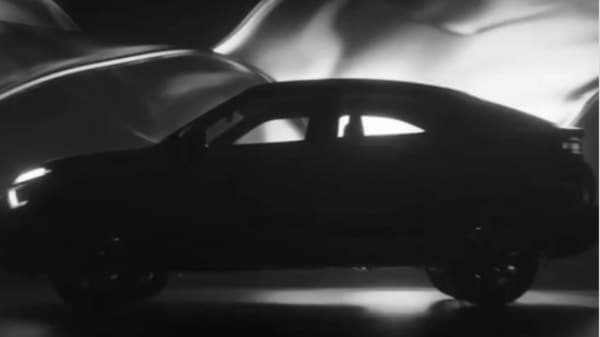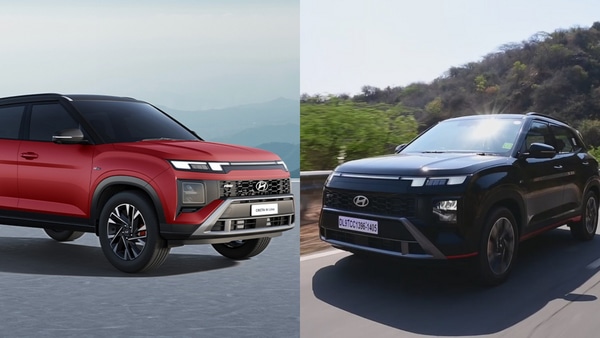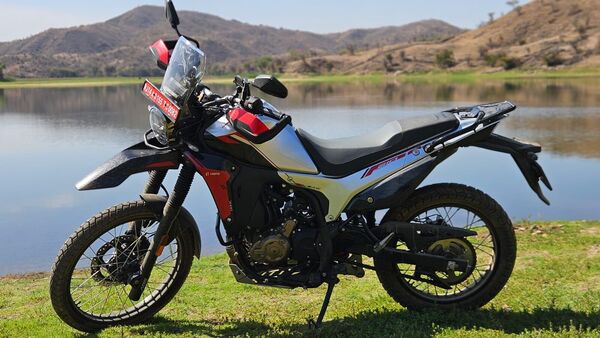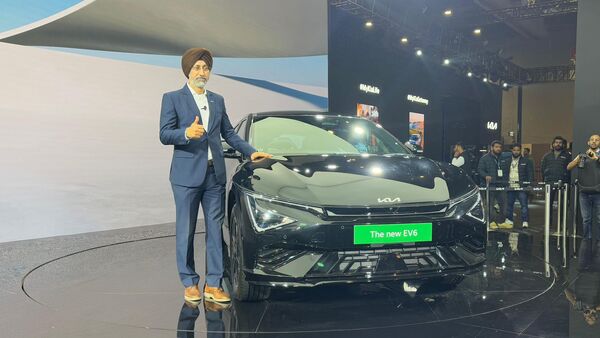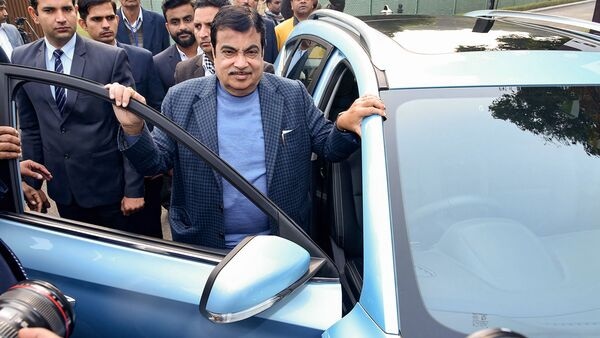
EV manufacturers in India don't need subsidies anymore: Nitin Gadkari
6 months ago | 55 Views
As EV subsidy in India anticipates an extension through FAME III, union minister Nitin Gadkari has said the EV makers do not need any more subsidies from the government. Gadkari, who leads the Union Ministry of Road Transport and Highways, said electric vehicles and vehicles running on alternative fuel like CNG now have more demand than ever and are capable enough to survive without subsidy backing. Nitin Gadkari pointed to falling battery costs and low GST as reasons subsidies on EVs are no longer needed, with price parity expected in two years.
Gadkari made the remarks on Thursday (September 5) during his speech at a summit. He has also ruled out additional taxes on conventional fuel like petrol and diesel. He said rise of vehicles offered with alternative fuel will gradually pick up in India. For electric vehicles, the Centre aims to achieve at least 30 per cent of the overall sales by 2030 to reduce emission as well as costly fuel import. To help nboost EV sales, the Centre had introduced the Faster Adoption and Manufacturing of Hybrid and Electric Vehicles (FAME) India scheme, offering subsidies to manufacturers. However, since 2018, a little over five per cent of all two-wheelers sold in India were electric. EV sales in passenger car segment was even lower during this period with about two per cent contribution.
Despite slow growth rate of EV sales in India, Gadkari said there is no need to incentivise manufacturers further. According to him, the EV makers now enjoy higher demand and lower production costs. He said the price of lithium-ion batteries have seen significant drop from $150 per kWh to about $108 per kWh has benefitted EV makers. He also said, “Consumers are now choosing electric and compressed natural gas (CNG) vehicles on their own and I do not think we need to provide much subsidy for electric vehicles."
GST on EVs and other vehicles in India
Currently, India levies the lowest Good and Services Tax (GST) on electric vehicles manufactured in India, compared to hybrid cars, and vehicles that run on petrol, diesel and CNG. EV buyers pay only five percent GST while others, including hybrid car buyers pay 28 per cent GST. Yet, price of an electric vehicles is still higher than other counterparts on an average. However, Gadkari feels there will be price parity between EVs and other vehicles soon. "Within 2 years, the cost of diesel, petrol and electric vehicles will be same...at the starting time, cost of EVs were very high, so we needed to subsidised EV manufacturers," he said.
FAME III scheme: What to expect
Gadkari's remarks come at a time when the Centre is considering to approve the new FAME guidelines as it enters its third phase later this year. HD Kumaraswamy, Union Minister of Heavy Industries, has said it will take another couple of months to finalise the new subsidy policy for EVs. FAME III will replace FAME II scheme, which was rolled out in 2019. The scheme was introduced for three years, but was later extended till March this year.
Read Also: Ather Halo helmet deliveries to begin on September 9, production begins
HOW DID YOU LIKE THIS ARTICLE? CHOOSE YOUR EMOTICON !


